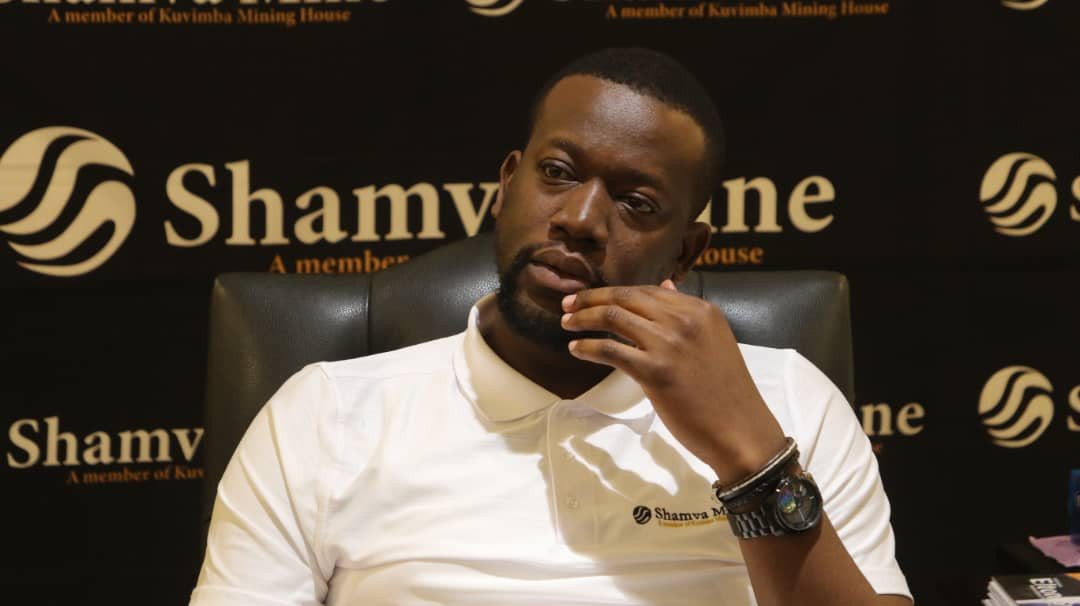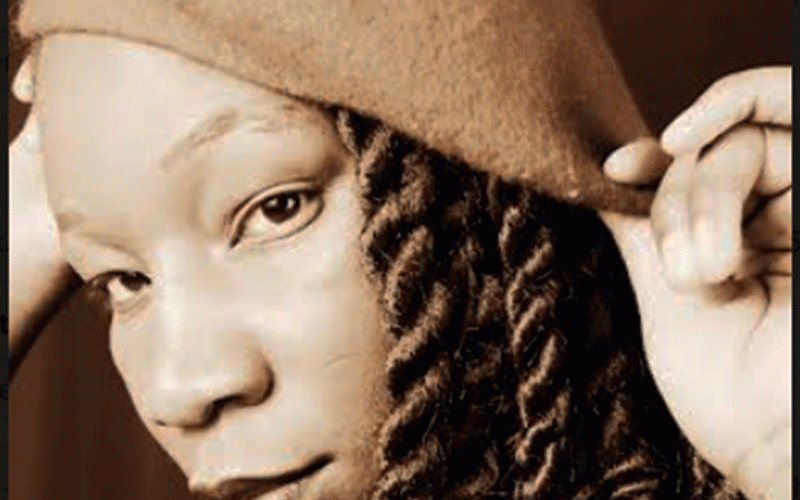
FOR decades after independence, Zimbabwe seems to have been disillusioned by the electoral system.
Democracy has been elusive. Elections have been marred by violence. Every past election has been disputed. Elections have not been instrumental in producing change — however one defines that change. There is widespread disenchantment with elections, especially among the youths whose apathy has been shown by low voter registration.
Opposition parties and civil society have been advocating for the implementation of reforms to restore trust in the electoral system. If implemented, the reforms would also level the electoral playing field for all political parties. In short, electoral reforms would ameliorate the problem of disputed elections.
In the absence of electoral reforms, the current political environment is inauspicious to produce a free, fair and credible election. Hence, the demand for electoral reforms is a pertinent one.
However, for civil society and other stakeholders interested in strengthening our electoral system, it is imperative to be enlightened about some of the deep roots of our electoral imperfections.
Any rumination about electoral reforms incognisant of these deep roots will only lead to insufficient proposals and to nominal amendments. Just scratching the surface and pursuing the low-hanging fruit, oblivious to the nature of the problem at hand, is not effective and does not address the problems in their entirety. For example, the Citizens Coalition for Change electoral reform blueprint, Pre-Election Pact on Electoral Reforms (PREPARE) is, to all intents and purposes, just scratching the surface – it leaves out some fundamental issues. Similarly, the recently proposed reforms in the Electoral Amendment Bill are also a pursuit of the low-hanging fruit, but they do not address the pertinent issues.
I will highlight what I think are the three most important dimensions that one ought to look at when discussing electoral reforms. These dimensions are the sources of the country’s electoral flaws and distortions.
The first dimension has to do with the role of the military. The 2017 military intervention that ousted the late former President Robert Mugabe adds a problematic dimension to the predicament of Zimbabwe’s electoral system. Those events of 2017, have resulted in four crucial outcomes that have detrimental effects vis-à-vis elections.
- Mavhunga puts DeMbare into Chibuku quarterfinals
- Bulls to charge into Zimbabwe gold stocks
- Ndiraya concerned as goals dry up
- Letters: How solar power is transforming African farms
Keep Reading
The first outcome of the 2017 events has been the further militarisation of State institutions — the further institutionalisation of the securocratic State. The second outcome has been the propensity of those in power to use the gun in responding to political differences and contentious politics. The violent crackdowns in August 2018 and January 2019 against dissenting voices attest to this new reality.
The third outcome, either out of ignorance or desperation, has been the proclivity of some citizens to sympathise with the prospects of another military intervention. Such desperation might be the product of the fact that people do not have trust in the electoral system to produce the change they yearn for.
Fourth, the military has further cemented its corporate and political interests. Because the military shares common training and nationalistic attitudes, it is one of the most congruous and cohesive groups in the country. It is a potent and formidable force – threats, real or perceived, that diminish its interests may provoke other interventions or reinforce its interference in civilian affairs.
The second dimension that has led to a flawed electoral system is the rural power structure. An electoral system that left millions of people under the hierarchy of hereditary chiefs after independence is corrosive to democracy in many ways.
Like its predecessors, the 2023 election will be decided by the rural vote, just by virtue of their majority as a voter base and their penchant towards the ruling party.
The rural areas have been corrupted for a long time, first by the colonial State and then by the ruling Zanu PF party. The colonial State corrupted the rural areas through the blending of State institutions with traditional or customary institutions. After independence, Zanu PF did very little to change this configuration. To elucidate how the rural power structure distorts our electoral system, it is key to look at the issue through the lens of Mahmood Mamdani’s concept of “decentralised despotism” – a concept that explains how colonisation gave rise to a diluted version of traditional leaders such as chiefs.
The modern Zimbabwean chief is largely a product of colonisation. In its quest to establish a white minority hegemony, the colonial State gave the traditional chiefs excessive authoritarian power to control the natives. While the pre-colonial chief was not a democrat, his power, authority and relationship with his constituency were not as malevolent – the chief needed people’s support for tribute, tax and manpower for war.
Through colonisation, the power and authority of the chief were completely transformed. When the colonial State dispossessed the chief of the power to tax and declare war, it simultaneously gave the leaders excessive coercive, legislative, judicial and administrative powers.
Four decades after independence, these traditional leaders still hold some of this power today. At independence, the chiefs claimed this prerogative that they were entitled to a traditional ethnic right to rule their subjects. This entitlement is corrosive to electoral democracy. The chiefs are not elected. There is no vertical accountability in rural areas. The rural power structure also corrupts the entire political system. While urban areas are administered through an electoral civic order, rural areas are administered through hereditary chiefs. In this configuration, the notion of democracy is superficial. Zanu PF also uses the rural power structure in the same way as the colonial State did. Both the State and Zanu PF are linked to the rural areas through a web network of traditional leaders. These authorities remain enforcers of a distorted version of tradition and its predisposition towards authoritarianism.
These traditional authorities are a key ancillary to the ruling party’s election strategy. They act as intermediaries between the party and the people. During elections, traditional leaders can use their despotic power to mobilise or coerce the rural electorate.
A liberal chief is a threat to the rural power matrix, especially if driven by a conviction for social reform.
The persecution of such chiefs Nhlanhlayamangwe Felix Ndiweni shows the ruling party’s intolerance of a liberal chief.
The third dimension that engenders a flawed and distorted electoral system has to do with the hybrid regime that Zimbabwe has morphed into since independence. Measurements of Zimbabwe’s regime type and nature of democracy give a complicated picture – it is neither a full democracy nor a full authoritarian. It is somewhere in between. For example, there are institutions such as the Zimbabwe Electoral Commission, that you would find in other consolidated democracies; however, in Zimbabwe, these institutions are there to masquerade – they are deeply flawed. Zimbabwe also has a somewhat democratic Electoral Act. The problem is the lack of democratic practices to apply what the law says.
The recent Polity data series categorises Zimbabwe’s regime as an “open anocracy” – or a semi- democracy. That is, it is partly a democracy and partly authoritarian. An anocracy permits some means of participation through opposition group behaviour but that has incomplete development of mechanisms to redress grievances. In an open anocracy, competition is tolerated to some extent but the credibility of that competition is suspect.
The Freedom House, another independent institute that conducts research and advocacy on democracy, and political freedom currently rate Zimbabwe as “not free” - which means its political rights and civil liberties scores are very low. The Ibrahim Index of African Governance, which measures and monitors governance performance in African countries currently scores Zimbabwe 36/100 on participation, rights, and inclusion measures. The absolute trend on these measures since 2010 has been negative.
The recent V-Dem Institute (Varieties of Democracy), another independent research institute, scores Zimbabwe 0,286 on the Electoral Democracy Index. (Polity Score ranges from -10 to +10.) The Electoral Democracy Index measures the principle of representative democracy, including whether elections were free and fair, as well as the prevalence of free and independent media.
CIVICUS, a non-profit based in Johannesburg, South Africa which tracks civic spaces around the world currently rates Zimbabwe as “repressed” – which means that civil space is severely constrained and civil society members who criticise power holders risk surveillance, harassment, intimidation and imprisonment.
What these measurements show is that while Zimbabwe has a democratic Constitution on paper, in de facto, the overall picture is pessimistic. The question then is whether writing more electoral laws is the solution. What remains clear is that without the proper sine qua nons, Zimbabwe is not ready for a free and fair election.
Any proposal for electoral reforms must be informed by the aforementioned flaws and distortions. The military must be under firm civilian control. The rural power matrix needs a complete overhaul. State institutions must be independent, non-partisan, and impartial – basically do their ascribed democratic purpose.











